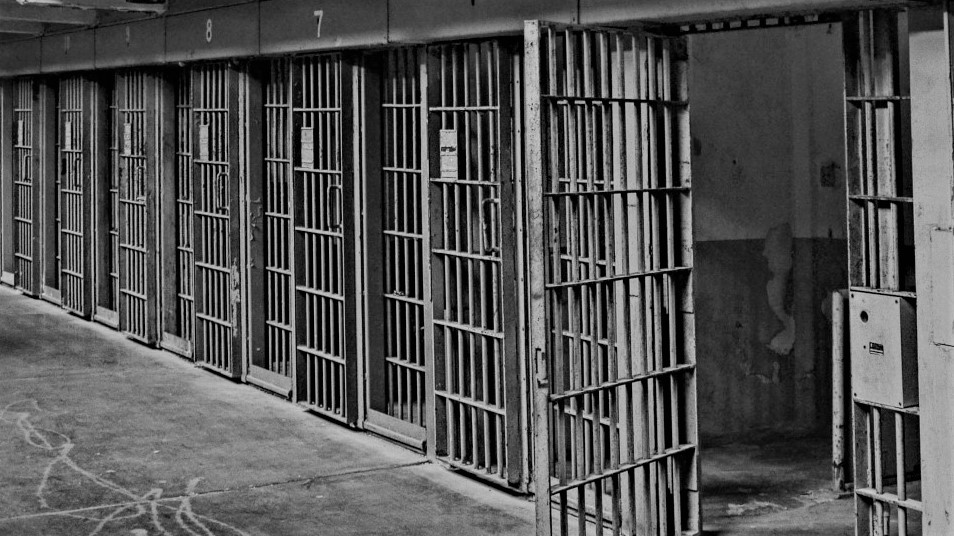
Felony Charges
Elsea Law Criminal Defense Felony Charges
- "Mr. Elsea made me feel valued as a client and always had my best interest at heart. Very informative and punctual with my case." Read More
- "He stepped in when I needed him the most. He listened and guided us through the process. Thank you so much we truly appreciate all your help. " Read More
- "I’ll gladly and highly recommend him to anyone." Read More
- "His attention to detail was impeccable! I highly recommend him." Read More
- "oel provided the best customer service by always maintaining active contact with me and providing frequent updates." Read More
Tampa Felony Defense Attorney
Being charged with a felony in the state of Florida can be a life-altering experience resulting in a wide-variety of severe penalties. Having a felony on your record also makes it difficult to pursue education, employment, and residential options. Needless to say, if you or a loved one has been charged with a felony in Tampa, Florida, contact an experienced Tampa criminal defense lawyer as soon as possible. The Elsea Law Firm, P.A. will fight for your rights and to get the best possible outcome for your case. Contact us today for a free consultation with a defense attorney.
Common Felonies in the State of Florida
- Violent Crimes
- Aggravated Assault
- Aggravated Battery
- Robbery
- Murder
- Manslaughter
- Sexual Crimes
- Sexual Assault
- Sexual Battery
- Lewd and Lascivious behavior
- Drug Crimes
- Drug Possession
- Possession with intent to sell
- Drug trafficking
Punishment and Classification for Florida Felony Charges
Capital Felonies
Felonies in Florida that are classified as capital felonies can carry a punishment of death or life in prison with no parole.
First Degree Felonies
Felonies classified as first-degree felonies can carry up to 30 years in prison or even a life-sentence, as well as fines.
Second Degree Felonies
Felonies that are classified as second-degree can carry up to 15 years in prison, as well as fines.
Third Degree Felonies
Felonies classified as third-degree felonies can carry a sentence of up to 5 years in prison, as well as fines.
Florida Criminal Procedure for Felony Charges
When arrested and charged with a felony crime in Tampa, Florida, here are some parts of the process you can expect:
First Appearance
Within 24 hours of an arrest, defendants who have not yet bonded out of or otherwise been released from jail will appear in front of a judge- usually through video conference. A review of the criminal report affidavit will take place, and a prosecutor will inform the court of any prior convictions a defendant might have. The judge will then set the conditions of release and issue a date for arraignment.
Arraignment
At the arraignment hearing, you will be read your charges and enter a plea, as well as inform the courts of your attorney. Often, at arraignment, your Tampa criminal defense attorney will submit a plea of “not guilty” to continue the case and prepare a defense.
Pre-Trial Conference/Disposition/”Dispo”
At the pre-trial conference, your defense attorney will meet with the prosecutor to update the judge and court to the progress of the case. At this point, a plea deal may also be negotiated and the charges may be amended as well.
Trial
In the event that you, your attorney, and the prosecutor are unable to come to terms on a plea agreement, the next step is a trial. You have the right to a jury trial if jail time is a possible sentence. The burden of proof lies with the prosecution, who must prove beyond a reasonable doubt that you committed the charged crime. At trial, witnesses will be called to provide testimony under oath. These witnesses can include the arresting officer, members of the community who were present, or expert witnesses who can offer their opinions. Your defense attorney can ask questions (cross examine) any witness the government calls. As the defendant, you have the right to testify or the right to remain silent.
Sentencing
If the jury returns a verdict of guilty, the judge will impose a sentence. The judge considers your past criminal record, as well as other factors specific to the case to determine the sentence.
Anyone sentenced for a felony in a Florida state has the right a complete and correct Criminal Punishment Code scoresheet. This is provided the judge at or before sentencing by the prosecutor. An experienced attorney can explain to you the ins and outs of a scoresheet. A thorough explanation is below.
Department of Corrections / Florida Supreme Court Scoresheet Preparation Manual
Appeal
Tampa Felony Criminal Defense Lawyer
If you or a loved one have been charged with a felony in Tampa or Hillsborough County, it’s imperative to contact an experienced criminal defense attorney in Tampa to review your case. The Elsea Law firm offers free initial consultations. Joel Elsea and the Elsea Law Firm are here to defend your rights at every step of your felony criminal case.